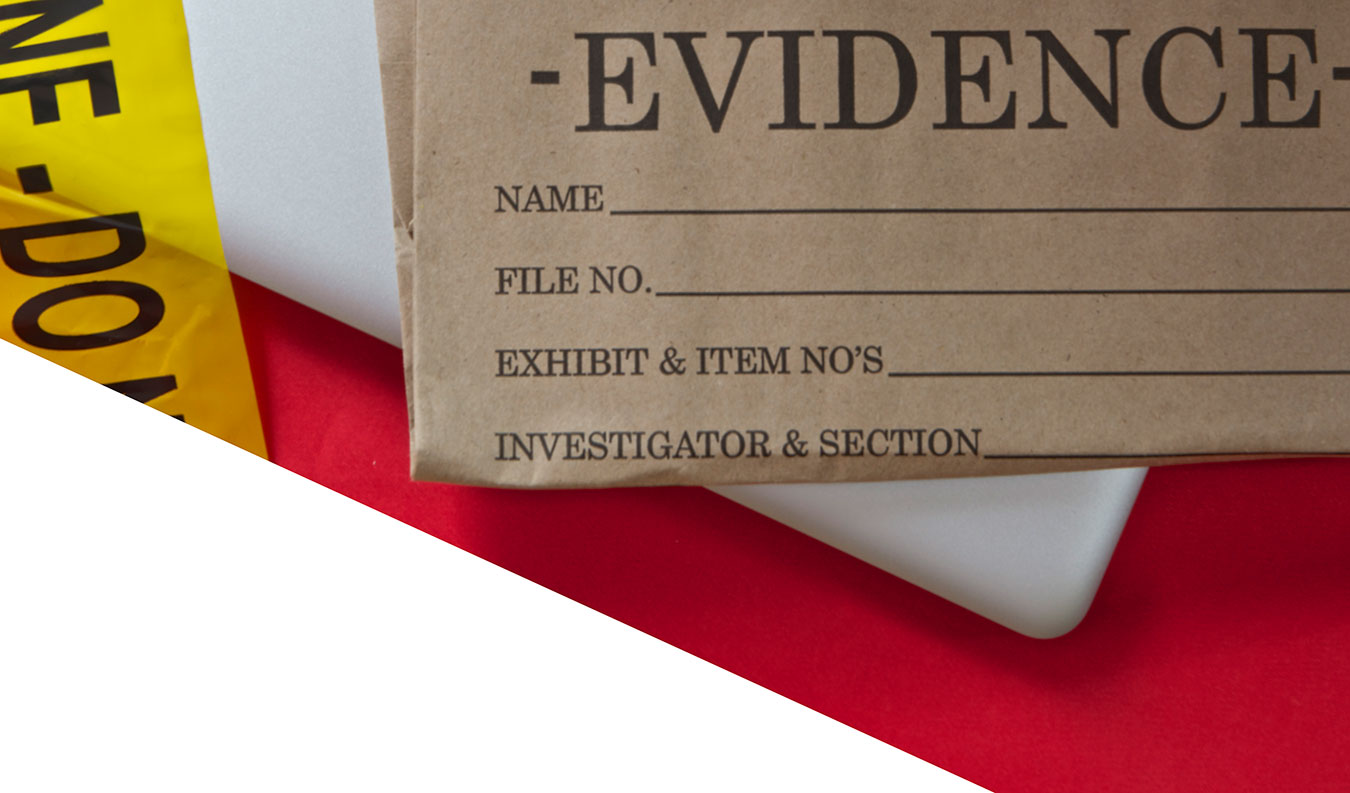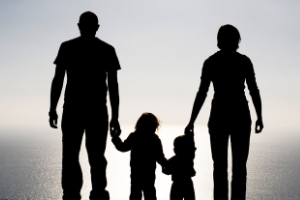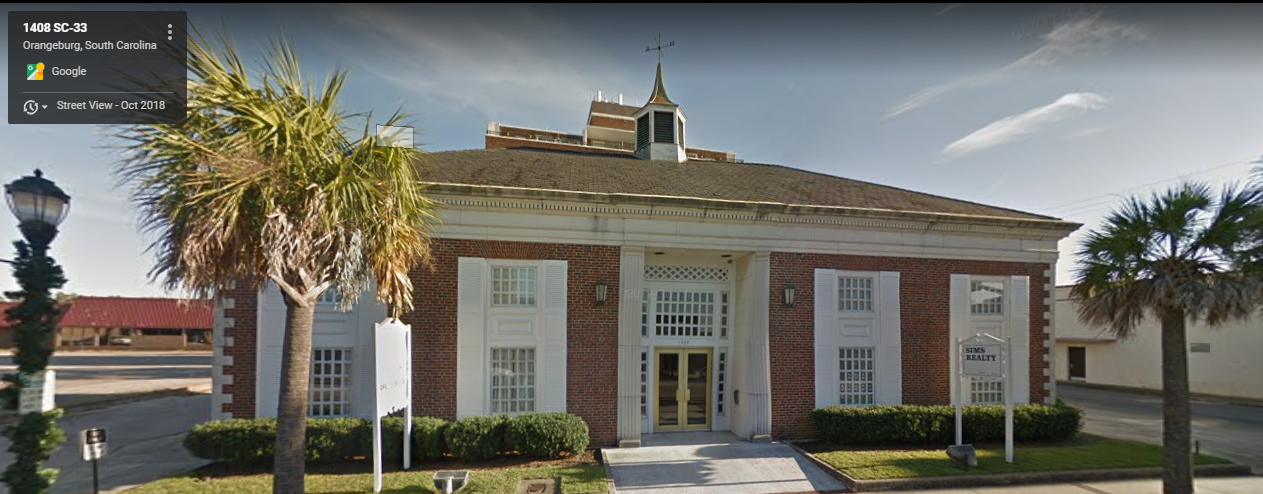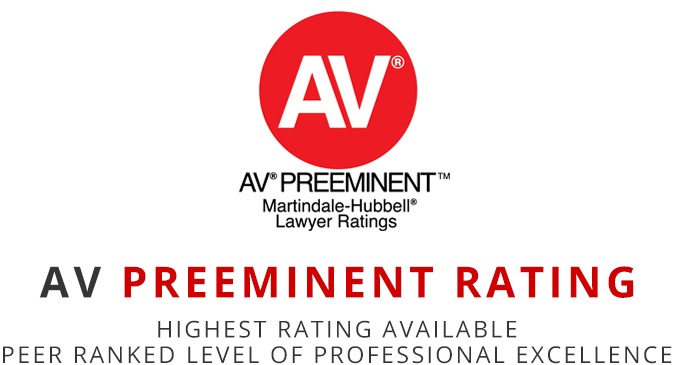KNOWING THE BASICS OF EVIDENCE

In speaking to clients, I must normally provide a caveat when I evaluate a case and provide my opinions about the chances of success at trial. This comes due to the widespread impression that lawyers don't care about the truth as much as others. I always make clear that as a Christian, I care deeply about the truth and believe everyone will someday stand before God with the complete truth of all that has occurred. At the same time, I must evaluate cases based upon the evidence we will be able to present at trial in order for the jury to make the decision. Lawyers spend years learning about rules of evidence, and much of the time at trial will consist of arguments about what evidence can go before a jury. A jury will make the determination of liability based upon the evidence presented. As a professional, it would be malpractice not to tell the client they will win a case because the client knows the facts without first determining what can go before a jury.
One of the most important things to know about the evidence rules is the exclusion of "hearsay", and this usually shocks most clients. In a nutshell, hearsay is testimony of a person who heard another say something. The client may be 100% sure a person said something which would be critical evidence in front of a jury due to the number and/or credibility of those who heard what was said. However, outside of the few hearsay exceptions (a party admitting liability for example) that hearsay evidence cannot come before a jury. The person who made the statement must be put on the stand to testify. Note: The hearsay exception of a party admission is the reason insurance companies always warn people not to admit liability at the scene of an accident. An admission can come before a jury as testimony of any party who heard the admission. In some cases, a person may not have been liable but blurted out they were at fault due to a misunderstanding of what happened. That statement would go before a jury as a party admission, and many times makes the case for the other side. Outside of the hearsay exceptions, just because people are talking about what they heard does not make a case does not make the case a slam dunk.
Other rules of evidence surprise many, but must be considered in predicting the outcome of a trial. For example, I have auto wreck clients who come to me with an accident report in which the law enforcement officer held the other side at fault. I have to tell these clients not to become overly excited about that report because it cannot go before a jury. Furthermore, the officer who arrived at the scene cannot offer his opinion about fault, but can only testify to what he saw at the scene. This is due to the rules of evidence governing "expert" testimony. Unless the officer is determined to be an expert, like a certified auto wreck reconstruction expert due to education and/or experience/certification, the officer cannot provide his opinion to the jury. The officer may be correct in his assessment of the wreck, and his report may have some bearing with insurance companies during settlement negotiations prior to filing suit, but in determining the outcome of a jury trial the only that that matters is what the officer can testify to seeing (Note: If a party made an admission to the officer that would be critical evidence before a jury!).
The other unique aspect of evidence rules is in authenticating every document and assertion made before a jury. Evidence rules only allow for best evidence and therefore courts generally need original signed copies of documents. Testimony of witnesses can be evidence, but some things must be in writing to be accepted as evidence in court and before a jury. The Statute of Frauds requires that contract dealing with real estate, marriage, and certain high dollar contracts (among others) must be evidenced by a writing signed by the party against whom the case is brought. The court will not allow solely verbal testimony. The parole evidence rule prevents any oral evidence that would contradict a signed writing. Therefore, even if two people orally agreed on a change after a written contract, a jury cannot hear that testimony but will have to review only the evidence of the signed contract.
Some evidence rules have been made for policy reasons, but can substantially effect the outcome of a case. For example, evidence of seat belt use cannot be brought before a jury even if the seat belt may have helped prevent injury. Another seemingly strange rule is that the jury cannot hear evidence of things done to make something safer after an accident occurred. For example, if someone is injured at a hotel due to kids speeding around the breezeways on skateboards, they cannot present as evidence (against the hotel) the fact the hotel put up signs restricting skateboard use after the accident. This rule helps to discourage letting something remain unsafe to prevent safety measures being used to help prove liability.
The key takeaway is to always review the evidence which the rules will allow before a jury to best predict what will happen at trial. It's a reason to consult an attorney and prevent an overly optimistic assessment based on seeming to "know" the truth verses what evidence can be used to prove the truth. The whole truth will still matter on judgment day, but here on Earth what matters is what can be proven.













